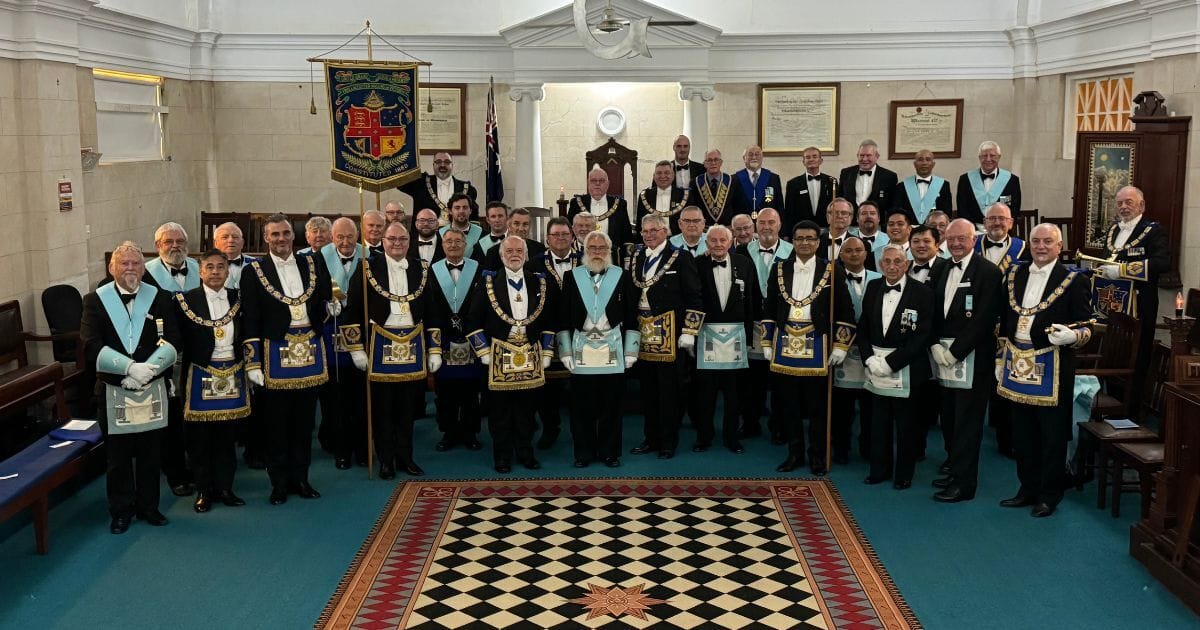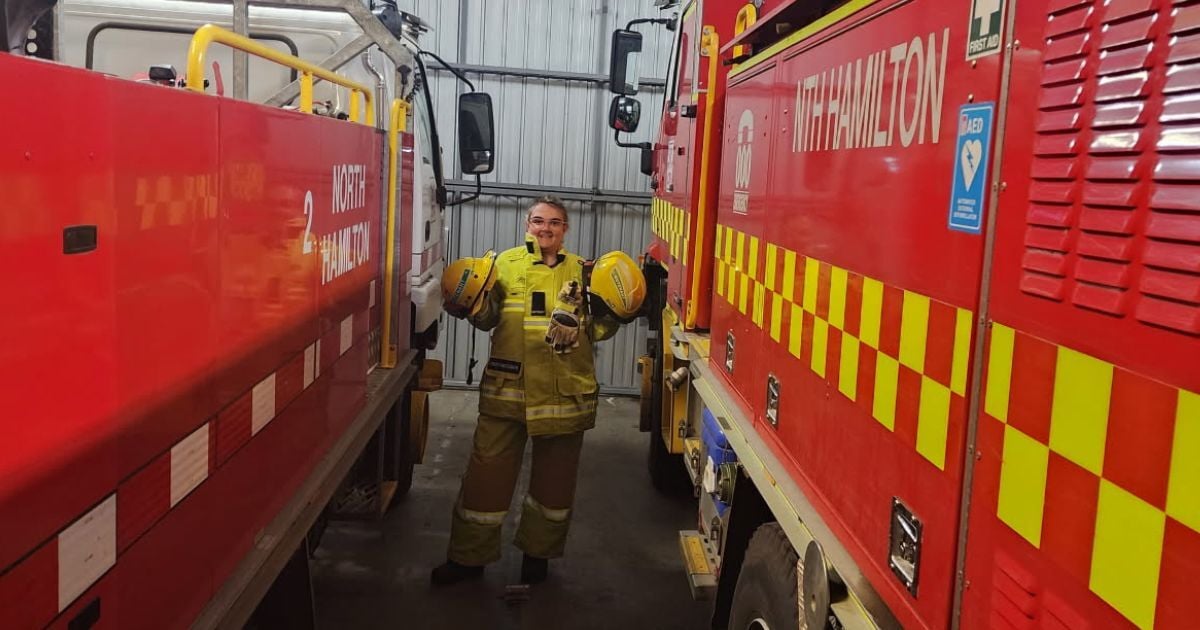The history behind Portland’s 175-year-old Freemasons lodge
As the organisation celebrates its long legacy, the Brolga explores its tradition, community giving and the quiet evolution of a group once shrouded in secrecy.

As Portland’s Freemasons mark 175 years with an ancient reconsecration ritual, a new history book and a suite of community donations, questions linger about how this once-secretive society has evolved.
Freemasons are a global fraternity dating back to the Middle Ages, where men with a belief in a “supreme being” gather.
A slew of famous Australian figures were Freemasons, such as Sir Robert Menzies, Sir Donald Bradman, Sir Charles Kingsford Smith and Sir Edward “Weary” Dunlop.
The mysterious - or at the very least private - organisation has at times has been the subject of controversy.
A report by the ABC in 2018 found declining membership had led to lodges closing down, forcing the Freemasons to adapt and modernise to attract younger members.
To keep the society alive within Australia, the ABC said “rules around membership have evolved from being secret and at times discriminatory to being advertised as welcoming people from all walks of life”.
“It’s a very, very old tradition that goes back to time immemorial,” Portland lodge Grand Master Richard Dahl told the Brolga.
“The lodge room used to be like the temple. I wouldn’t necessarily say it’s a sacred place, but when the lodge is consecrated, it’s held in very high regard.”
According to the Freemasons website, lodge meetings are typically held monthly, lasting for two to three hours, where members will present the “business of the lodge”, before an ancient ritual takes place, in which a new member may be initiated, a member may be promoted, or a new Grand Master and his officers may be installed.
The layout of a Freemasons lodge during a meeting is very particular, with each leading member having a specific place to sit throughout its duration. For example, the Grand Master of the lodge must sit to the east of the room, representing the rising sun.
Non-Freemasons cannot enter a lodge meeting, as every person in attendance must prove themselves to be a member of the lodge beforehand.
The teachings from the ancient rituals aim to enlighten Masons and “start them thinking about their own nature, actions and being”.
The contents of these teachings are divulged only to Freemasons.
Dahl told the Brolga his association with the Freemasons began after he returned home to Mount Gambier following a stint in the navy as a young man.
Looking to find similar mateship to what he experienced as a serviceman, he joined the Mount Gambier Freemasons Lodge in 1979. He will enter his second year as Grand Master of the Portland lodge in October.
Dahl explained it typically takes seven years for a Mason to climb the hierarchy within the lodge.
“For a person starting off not knowing anything coming into the lodge, there's a certain ceremony and it relates to the old stonemasons from the Middle Ages: a person becomes an apprentice; and then after a period of time he will go through another ceremony and become a fellow craft, which is what they were called back then; and later on he becomes a master Mason,” he said.
Becoming master of the lodge means that, symbolically, you should have reached a point in life where you are “master of your own destiny”.
Saturday’s ceremony will be followed by the launch of a new book chronicling the history of Freemasonry in Portland, compiled by local historian Bernard Wallace.
But it’s not just about tradition.
Dahl said the lodge will also use the occasion to present $22,500 in community donations, including $20,000 for upgrades to Portland Neighbourhood House, a defibrillator for the Heywood Angling Club, and $2,500 to outfit members of the Portland Citizens Brass Band with new winter jackets.
Attracting new members is “a struggle” for all service clubs today, Dahl conceded. “We’re on the lookout all the time for people to come and join us and make a worthwhile contribution,” he said.
“There are two sayings that we use,” he said. “One is to make the world a better place one man at a time. And another is to make a good man better.”
